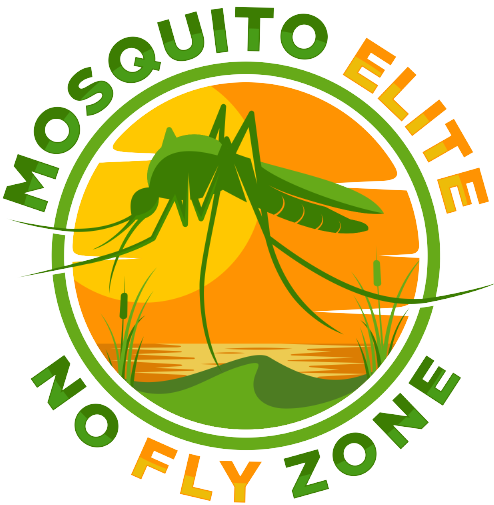Say NO to Ticks
At Mosquito Elite, safeguarding your family from more than just mosquitoes is our specialty – we also provide highly effective tick extermination! Ticks, those notorious carriers of ailments like Lyme Disease, Rocky Mountain spotted fever, and anaplasmosis, don't stand a chance against our expert treatments.
These resilient pests attach themselves to animals and humans to feast and survive. Curious about intriguing tick facts? Delve into our blog, where you'll uncover lesser-known aspects of these tiny creatures.
While the mere thought of ticks might send shivers, their life cycle is quite captivating. Typically spanning four stages – egg, six-legged larva, eight-legged nymph, and adult – ticks must indulge in a blood meal at each stage to progress. Depending on the tick species and its life stage, preparing for this feast can take anywhere from 10 minutes to two hours, as estimated by the CDC.
According to the Centers for Disease Control and Prevention,
"Ticks that require this many hosts can take up to three years to complete their full life cycle, and most will die because they don’t find a host for their next feeding."
Though the tick life cycle is consistent across species, some variations do exist. The brown dog tick (Rhipicephalus sanguineus), for instance, prefers consistent hosts throughout its stages, while others need varied hosts for each life phase.
These versatile parasites can target mammals, reptiles, birds, and amphibians, increasing their likelihood of encountering diseases during their journey.
When a tick feeds on a host with bloodborne infections, it consumes the pathogens within. Subsequently, when it finds a new host in the next stage, it can transmit any ingested disease to its new host.
So, how do ticks locate their hosts? The CDC reveals that ticks detect breath, body odors, body heat, vibrations, and moisture of animals (yes, that includes humans!). Additionally, they can identify well-trodden paths and actively search for hosts there. While ticks can't fly or leap, they perch on leaves or tall grass, awaiting passing hosts.
This brings us to the critical role of yard maintenance in tick extermination. As numerous ticks seek hosts within tall grass and bushes, trimming these areas adjacent to your yard can significantly diminish blacklegged tick numbers. Raking away leaf litter and placing playground equipment away from trees also contributes to a healthier environment.
For a comprehensive tick eradication solution, enlisting professional services is highly recommended. Given the broad spectrum of diseases ticks carry, eliminating them ensures a serene outdoor experience.
Just like our acclaimed mosquito control service, Mosquito Elite can take care of your tick problem. Take charge of your outdoor space – contact us today to schedule your personalized tick treatment!
